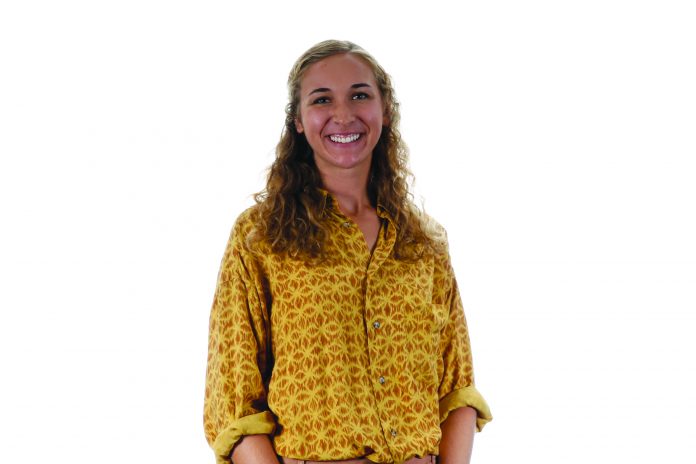Humans are pattern-makers. We seek connections in science and history to explain the way that both the universe and we ourselves function. We also make our own patterns. This is why we have stories and myths, which follow certain structures that we don’t have the power to impose on our own lives.
As I reach the end of my senior year, I attempt to seek a pattern in the fabric of my college experience. I want to find meaning in random occurrences from four years ago; I want to see how they echo today, even without my knowing it. I recall the Freytag model of plot structure that I studied over a year ago and wonder where my own climax and denouement fall. What trials have I faced, and how, like the hero on his journey, have they altered or confirmed my course? Which characters in this drama have a leading role, and which are only background players? Which dragons have I conquered, and which have conquered me?
I want my life, and my college life in particular, to have some kind of meaning. I want it to tell a story, of how this 21-year-old emerged from the gauntlet of Welcome Week, dining halls, apartment living and an honors thesis as a fully-formed human being who is not only a product of a good story but is aware of that story’s narrative and resolution.
There may be a particular pressure to apply a kind of pattern (or at least seek some meaning) in the experiences we have in college. We have been told since at least the third grade that college is where we would go to find ourselves or, even better, to form ourselves. Leaving home and parents, deciding for the first time what we might actually want to do with our lives, choosing for oneself from among the sometimes competing interests of academia, late night In-N-Out runs and calling your mom. This is the first time, in short, that our story is in our own hands. It’s up to us now to make sure it’s a good one.
As I get closer to graduation, I have perhaps been guilty of trying to reverse engineer a good story for myself. In this last semester, I have gone back to the same places I frequented when I was a freshman, I’ve taken classes with old favorite professors, I’ve thought of all the classes I’ve taken and how they all, in their own way, led to this final point in the story.
But storytelling — and, to an even greater degree, life — is not a matter of engineering. I have spent a good portion of these four years aimless, without any greater narrative or purpose in mind for my education. I’ve been neither a hero on a quest or a Beckettian figure locked in a room. Instead, I’ve made impulsive decisions, taken classes I enjoyed but didn’t really need and done lots of stupid things that I still can’t explain or rationalize or fit into the larger context of a story. A lot of it hasn’t been interesting enough to be a story, some of it is too embarrassing for me to tell it as a story.
But even if I can’t craft a coherent narrative out of these four years, I know that I have changed. As in any good story, things are not quite the same at the end as they were at the beginning. I’d always known that I wanted to be a writer of some kind, but now I know I want to pursue (however indirectly, and however long it might take) creative writing. I’ve learned how to find what I like, how to treat people I don’t like and how to eat well (or at least better than I did my freshman year).
But as you’re living, and by living, changing, you aren’t thinking about the pattern. Whether you’re starting your second year of college or finishing your last, you’re making the decisions that will ultimately form the story of your college career. And no matter what you do—whether you make good decisions or bad ones, whether you change majors or hair colors, whether you find your calling or not—it will make a good story in the end.
Helena Hunt is a senior University Scholars major from Sonoita, Ariz. She is the Arts & Life editor for the Lariat.






